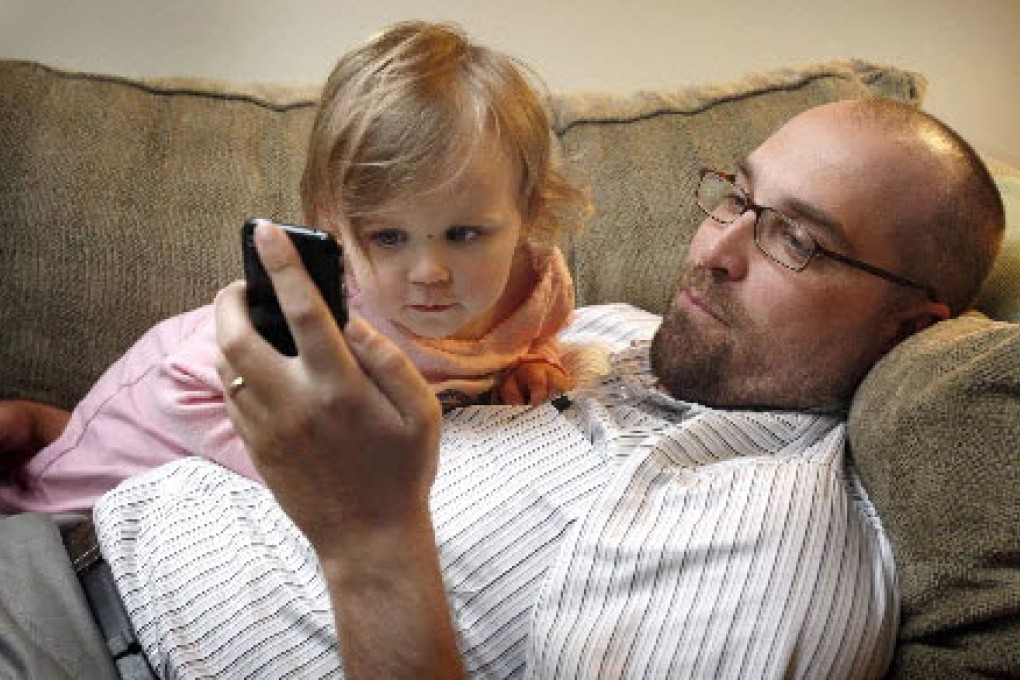Mobile phones making books more accessible in developing countries
People in developing countries reading more now that books are available via phone

Sixty-two per centof people in developing countries are reading more, now that they can read on their mobile phones. One in three said they read to children from their mobile phones, and 90 per cent of respondents said they would be spending more time reading on their mobile phones in the next year.

The study, Unesco said in its report, found that "people read more when they read on mobile devices, that they enjoy reading more, and that people commonly read books and stories to children from mobile devices".
"The study shows that mobile reading represents a promising, if still under-utilised, pathway to text," says the report, for which Unesco partnered with Worldreader - a global charity that works to bring digital books to readers worldwide - and Nokia.
"It is not hyperbole to suggest that if every person on the planet understood that his or her mobile phone could be transformed - easily and cheaply - into a library brimming with books, access to text would cease to be such a daunting hurdle to literacy."
Report author Mark West said the key conclusion from the study was that "mobile devices can help people develop, sustain and enhance their literacy skills." Reasons given by respondents for reading on mobiles were convenience, affordability and lack of access to books on paper. In Zimbabwe, for example, Unesco said the cost of reading a book on a mobile was about 20 Zimbabwe dollars (41 HK cents) while a paperback bestseller would cost around 4,500 Zimbabwe dollars; in Nigeria, a mobile book would cost 2 to 3 naira (10 to 14 HK cents), based on a mobile broadband rate of 2,100 naira per 500 MB of data, while a child's book would cost between 160 and 800 naira.